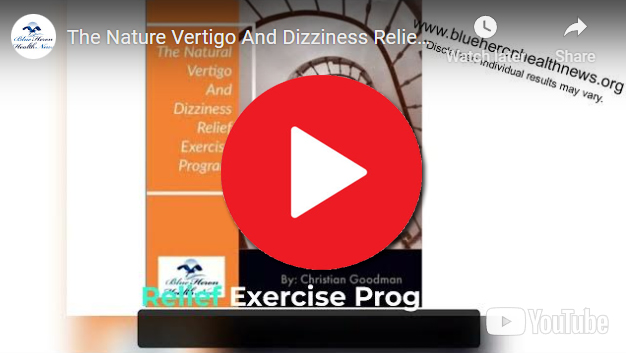
Vertigo and dizziness can be caused by various factors, including inner ear problems, motion sickness, medication side effects, low blood pressure, anxiety, and more. While it’s always essential to consult a healthcare professional for a proper diagnosis and personalized advice, here are some general tips that may help prevent vertigo and dizziness:
- Stay hydrated: Dehydration can contribute to dizziness, so make sure to drink an adequate amount of water throughout the day.
- Avoid sudden movements: Quick head or body movements can trigger vertigo, especially in individuals with certain vestibular conditions. Try to move slowly and deliberately.
- Be cautious while changing positions: When transitioning from lying down to sitting or standing, do so gradually. Allow your body a few moments to adjust before moving.
- Maintain good posture: Poor posture can affect the inner ear and balance. Practice good posture habits, especially when sitting or standing for extended periods.
- Reduce stress and anxiety: Stress and anxiety can exacerbate dizziness and vertigo. Engage in relaxation techniques such as deep breathing, meditation, or yoga to manage stress levels.
- Avoid triggers: Identify and avoid specific triggers that lead to vertigo or dizziness for you. This may include certain visual stimuli, excessive noise, or specific foods.
- Get enough sleep: Lack of sleep can affect your overall well-being, including your balance and coordination. Aim for a consistent sleep routine and ensure you get enough rest each night.
- Limit alcohol and caffeine: Excessive alcohol consumption and caffeine intake can disrupt your body’s equilibrium and contribute to dizziness. Moderate your consumption or avoid these substances altogether.
- Use caution with medications: Some medications can have side effects that include dizziness or vertigo. If you experience these symptoms after starting a new medication, consult your doctor for possible alternatives or adjustments.
- Consider vestibular exercises: Consult a physical therapist or a healthcare professional specializing in vestibular rehabilitation to learn specific exercises that can help improve your balance and reduce symptoms.
Remember, these tips are general suggestions and may not be suitable for everyone. If you experience frequent or severe episodes of vertigo or dizziness, it is crucial to consult a healthcare professional for a proper evaluation and individualized advice.
See More on Video

The Nature Vertigo And Dizziness Relief Exercise Program™ By Christian Goodman These simple exercises will only take 3-15 minutes of your time every day can be done anywhere including at home, office and even when on vacation. The results that you will get from simple head exercises that you will perform meaning that once you are healed, then you won’t have to do them again.